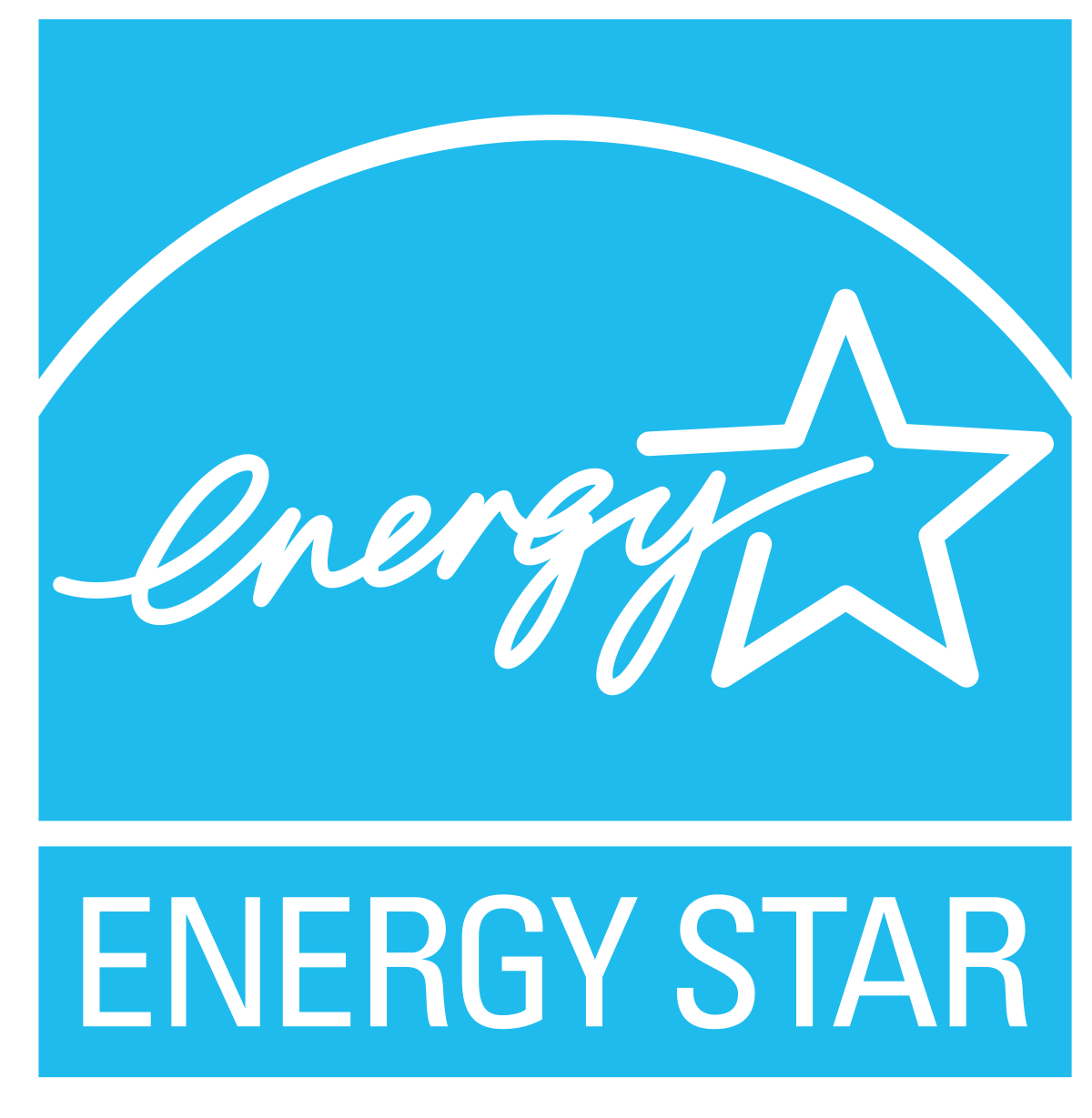This week our group analyzed arguably the world's hottest new company. Tesla disrupted the auto industry when they introduced their fast, sleek, stylish, fully electric Tesla Model S. Elon Musk, Tesla's CEO, recently decided that he wanted his company to branch out and produce not only sports cars, but also sedans and semi-trucks. Many were confused by the company's move into the trucking industry. The industry, especially long-distance trucking, is by far the hardest automobile industry to break into as an electric company. Electric cars employ batteries as their fueling device, instead of traditional gasoline. The problem is, long-distance route trucks need to have a very long range. In order for a battery to enable long ranges, it would have to be massive. About 25 to 30 percent of the time, trucks are driven empty. A truck with a massive electric battery would spend "a significant slice of the Semi's energy...hauling around its massive power plant."

However, it is important to note that the above article was published
before the Tesla Semi was revealed, along with all its specs. Some notable characteristics are that the Semi will have a 500 mile range at maximum weight, going 60 mph, its design was modeled after a bullet, and it has a better drag coefficient than the new Bugatti supercar, and lastly it runs on solar power and will be able to plug into the new "Mega Charger" network.
It seems to us that many of the concerns about the Semi were addressed during the launch (especially thanks to the specs). However, we ask, what do you think? Is Tesla entering the trucking industry a good move? Will they be able to disrupt it much like they did to the automobile market with their Model S? Will Tesla entering the trucking industry damage their brand as a luxury car manufacturer?
Group 9 - Yassine Hamdouni Alami, Leyla Farzaneh, Maxim Guzman, Zachary Alter
Articles:
https://www.washingtonpost.com/business/teslas-power-plant-on-wheels-wont-upend-trucking-gadfly/2017/11/17/8b64c044-cb74-11e7-b506-8a10ed11ecf5_story.html?utm_term=.54df753f94ce
https://www.express.co.uk/life-style/cars/880631/Tesla-Semi-truck-range-price-specs-performance

